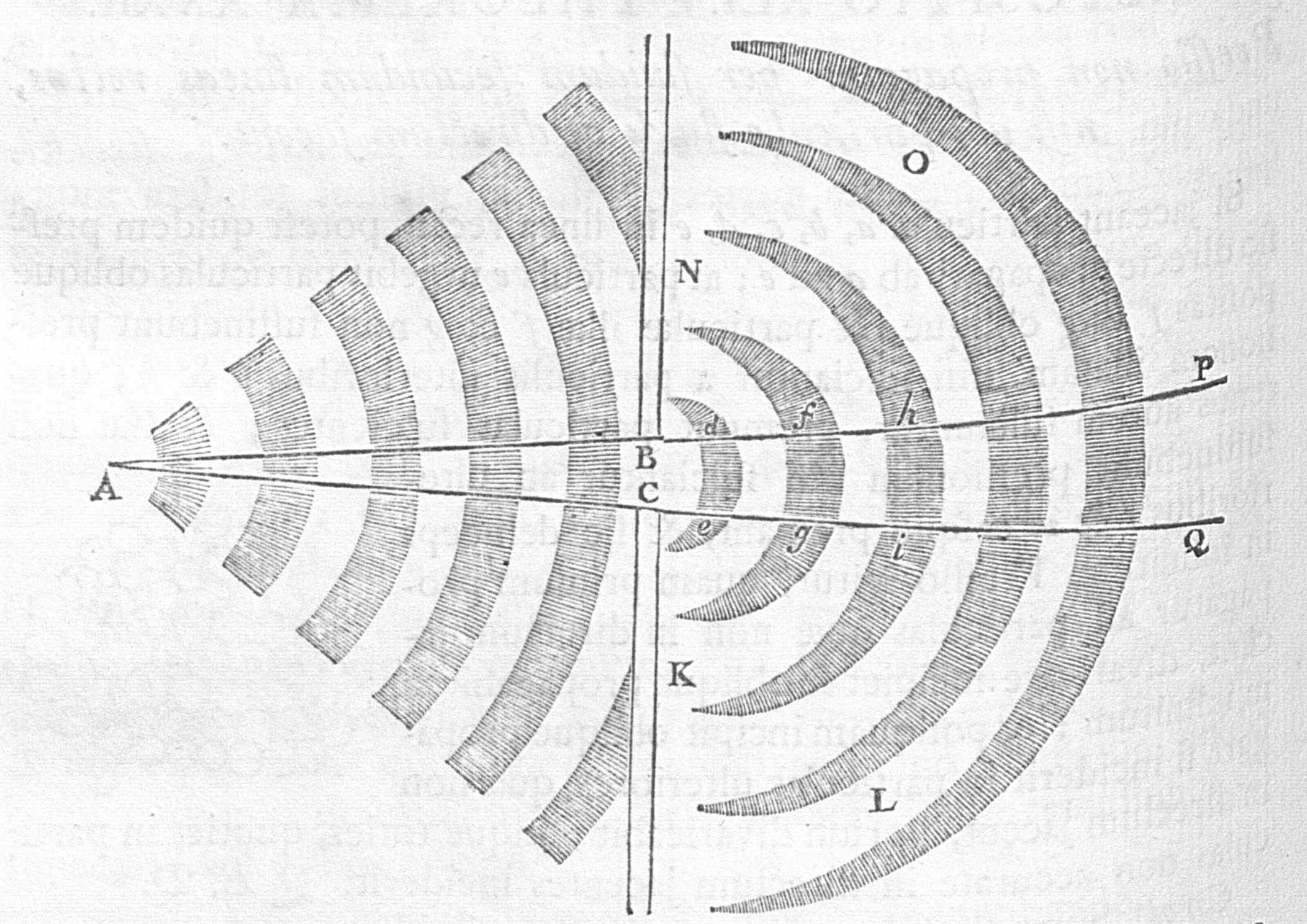Sir Isaac Newton (1642-1726) was an English physicist and mathematician who is widely recognized as one of the most influential scientists of all time and as a key figure in the scientific revolution. Newton made seminal contributions to optics, and he shares credit with Gottfried Leibniz for the development of calculus
His book Philosophiæ Naturalis Principia Mathematica ("Mathematical Principles of Natural Philosophy"), often referred to as simply the Principia (“Principles”), one of the most important works in the history of science, was first published in 1687, and underwent two further editions during Newton’s life, in 1713 and 1726. In this book Newton states his laws of motion, forming the foundation of classical mechanics, as well as his law of universal gravitation. The Principia consists of four prefaces, a set of 'Definitions' and 'Axioms or Laws of Motion', Book 1 and 2 “On the motion of bodies” and Book 3 “On the system of the world”. Book 1 deals with motion in spaces devoid of resistance, Book 2 deals with motion under several different kinds of resistance and Book 3 is an exposition of many consequences of universal gravitation, especially its consequences for astronomy.
The main theme of Book 2 is how resistance forces arise, what form do they take and how do they depend on the properties of the medium. This leads Newton to the theory of fluids (liquids and gases) and to the formulation of wave theory, one of whose manifestations is addressed in proposition 41 of Book 2, Section 8 (Motion propagated through fluids), stating that “Pressure is not propagated through a fluid along a straight line, unless the particles of the fluid lie in a straight line”. The present images illustrate this proposition by showing the spreading and diffractions of disturbances in fluids, conceived as a collection of discrete particles, under an external pressure emanating from A and intercepted by an obstacle NBCK.
Sources- Isaac Newton, The Principia: mathematical principles of natural philosophy. A New translation by I. Bernard Cohen and Anne Whitman, Berkeley, Calif.: University of California Press, 1999.
- Colin Pas, Magnificent Principia: Exploring Isaac Newton's Masterpiece, section 21.5



